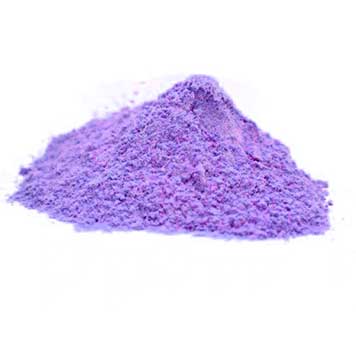
antimicrobial preservatives in food
Antimicrobial Preservatives in Food Ensuring Safety and Freshness
In the modern food industry, the use of antimicrobial preservatives has become a pivotal aspect in ensuring the safety, quality, and longevity of food products. These substances help inhibit the growth of bacteria, molds, and yeast, thereby extending shelf life and safeguarding public health. As consumer awareness around food safety increases, understanding the role, benefits, and concerns regarding antimicrobial preservatives is essential.
Antimicrobial Preservatives in Food Ensuring Safety and Freshness
One of the primary benefits of using antimicrobial preservatives is the extension of shelf life. By effectively inhibiting microbial growth, these preservatives reduce food waste, which is crucial in a world facing increasing food scarcity issues. The ability to keep food fresh for longer periods not only benefits consumers by providing convenience but also helps retailers manage inventory more efficiently. Furthermore, by increasing the stability of food products, manufacturers can transport items over longer distances, ensuring that consumers have access to a wider variety of foods.
antimicrobial preservatives in food

It is also vital to consider the safety of these preservatives. Regulatory bodies, such as the Food and Drug Administration (FDA) in the United States and the European Food Safety Authority (EFSA), have established guidelines and acceptable daily intake levels for many antimicrobial preservatives. These organizations conduct thorough assessments to ensure that these substances do not pose health risks to consumers. For instance, the use of sorbic acid, widely regarded as safe, has been extensively studied and approved for various food applications.
However, the discourse around the use of antimicrobial preservatives is not without controversy. Some consumers express concerns regarding the potential long-term effects of consuming preserved foods, prompting a shift towards clean label products that emphasize natural ingredients without additives. As a result, food manufacturers are increasingly exploring alternative methods for preserving food, including natural options such as vinegar, rosemary extract, or essential oils. While these alternatives may appeal to health-conscious consumers, they often come with their own set of challenges, such as variability in effectiveness and higher costs.
Moreover, the rise of foodborne illnesses has reinvigorated the conversation surrounding food safety practices. Each year, millions are affected by pathogens from contaminated food, leading to significant health risks. Antimicrobial preservatives serve as an important tool in mitigating this risk, contributing to the overall goal of keeping food safe for consumers. However, it is crucial to complement their use with good manufacturing practices, proper sanitation, and thorough cooking methods.
In conclusion, antimicrobial preservatives play a vital role in today's food industry by enhancing food safety, prolonging shelf life, and reducing waste. While they are subject to scrutiny and evolving consumer preferences, their effectiveness in protecting food from microbial threats cannot be overlooked. The challenge for the future lies in balancing the need for preservation with the demand for natural and clean-label products. As science advances, new technologies and alternatives may emerge, evolving the landscape of food preservation while ensuring that safety and quality remain paramount.
-
Why Glacial Acetic Acid Food Grade Is Essential in FlavorNewsMay.26,2025
-
Surging Export Growth of Food Additives in ChinaNewsMay.26,2025
-
How Ammonium Nitrate Fertilizer Boosts Crop YieldsNewsMay.26,2025
-
How 1,2,3-Benzotriazole Shields Plastics from UV DegradationNewsMay.26,2025
-
Cyanide in Gold Mining: Protecting People and the PlanetNewsMay.26,2025
-
Aluminum Hydroxide in Modern Sunscreen FormulationsNewsMay.26,2025
-
Understanding Synthetic Rubber OptionsNewsApr.27,2025
Hebei Tenger Chemical Technology Co., Ltd. focuses on the chemical industry and is committed to the export service of chemical raw materials.
-

view more DiethanolisopropanolamineIn the ever-growing field of chemical solutions, diethanolisopropanolamine (DEIPA) stands out as a versatile and important compound. Due to its unique chemical structure and properties, DEIPA is of interest to various industries including construction, personal care, and agriculture. -

view more TriisopropanolamineTriisopropanolamine (TIPA) alkanol amine substance, is a kind of alcohol amine compound with amino and alcohol hydroxyl, and because of its molecules contains both amino and hydroxyl. -

view more Tetramethyl Thiuram DisulfideTetramethyl thiuram disulfide, also known as TMTD, is a white to light-yellow powder with a distinct sulfur-like odor. It is soluble in organic solvents such as benzene, acetone, and ethyl acetate, making it highly versatile for use in different formulations. TMTD is known for its excellent vulcanization acceleration properties, which makes it a key ingredient in the production of rubber products. Additionally, it acts as an effective fungicide and bactericide, making it valuable in agricultural applications. Its high purity and stability ensure consistent performance, making it a preferred choice for manufacturers across various industries.











